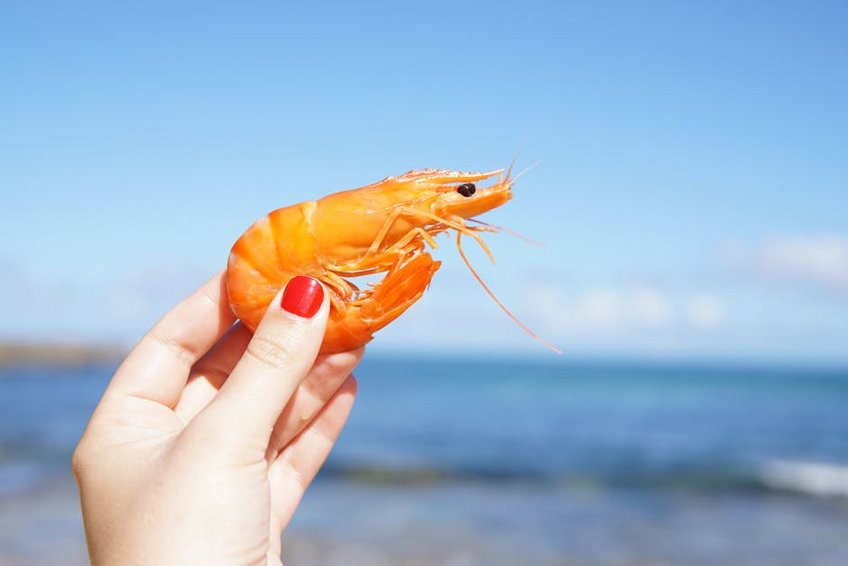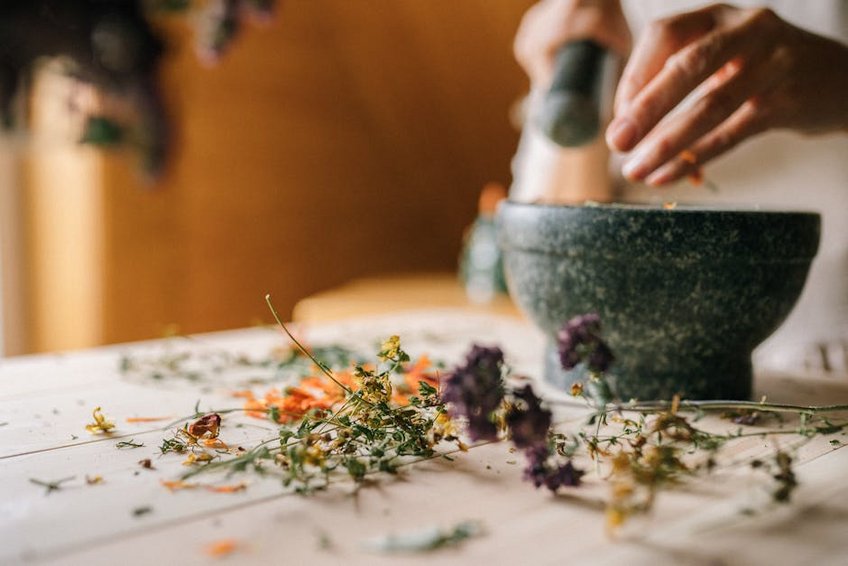Culinary Workshops for Cultural Travel
Imagine stepping into a bustling market in Thailand, hand-selecting fresh ingredients with a local chef, then learning to craft authentic Pad Thai in a traditional kitchen. This is the magic of culinary workshops for cultural travel, where cooking becomes your gateway to understanding local traditions, connecting with communities, and creating memories far beyond typical tourist experiences. Unlike simply eating at restaurants, these hands-on sessions immerse you in the heart of a destination’s culture, teaching techniques passed down through generations while sharing stories that give context to every spice and simmer. Whether you’re learning pasta-making from a nonna in Italy or mastering ceviche in Peru, culinary workshops offer authentic cultural immersion that transforms how you travel and eat. The experience stays with you long after you return home, as you recreate dishes that instantly transport you back to those magical moments abroad. For food-loving travelers seeking deeper connections, culinary workshops provide the perfect blend of education, interaction, and delicious results.
Culinary Workshops for Cultural Travel – Essential Information
Culinary workshops for cultural travel represent one of the fastest-growing segments in experiential tourism, combining hands-on cooking education with authentic cultural exchange. These experiences range from half-day classes in professional kitchens to multi-day immersions that include market visits, farm tours, and family meals. What sets them apart from regular cooking classes is their focus on cultural context – you’re not just learning recipes, but understanding the historical, social, and agricultural factors that shaped these dishes. Many workshops take place in home kitchens, vineyards, or even outdoor settings that reflect local traditions. The best programs incorporate storytelling, cultural demonstrations, and opportunities to interact with local families or artisans. This approach transforms cooking from a mere skill-building activity into a meaningful cross-cultural dialogue that deepens your appreciation for the destination and its people.
What Makes Cultural Cooking Workshops Unique
- Authentic settings like home kitchens, farms, or traditional cooking spaces rather than tourist-oriented facilities
- Cultural context provided through stories about ingredient origins, cooking techniques, and family traditions
- Market visits and ingredient sourcing as integral parts of the experience, not just cooking instruction
- Small group sizes that facilitate genuine interaction with local instructors and fellow participants
- Emphasis on traditional methods and tools that might be disappearing in modern commercial kitchens
- Budget-friendly workshops ($40-80 per person) typically include 2-3 hour sessions focusing on 2-3 dishes, often in group settings with 8-12 participants, including meal enjoyment but excluding alcohol
- Mid-range experiences ($80-150 per person) usually feature 4-5 hour sessions with market visits, smaller groups (4-8 people), more comprehensive menus, and often include wine pairings or local beverages
- Premium immersions ($150-300+ per person) might include full-day programs with multiple instructors, specialized equipment, visits to producers, gourmet ingredients, and sometimes transportation or additional cultural activities
- World Food Travel Association
- Cookly – Culinary Experience Platform
Different Types of Culinary Workshop Experiences
Culinary workshops for cultural travel come in various formats to suit different interests and time constraints. Half-day workshops typically focus on 2-3 signature dishes and include a market visit, perfect for travelers with limited time. Full-day immersions often cover multiple courses and might include visits to local producers like cheesemakers, olive oil mills, or vineyards. Multi-day programs offer the deepest immersion, combining cooking with cultural activities, language lessons, and accommodations in traditional settings. Specialty workshops focus on specific aspects like bread-making, pasta crafting, or dessert preparation, often tied to regional specialties. Some programs even combine cooking with other cultural activities like pottery, weaving, or dance, creating a comprehensive cultural experience centered around food traditions.

Culinary Workshops for Cultural Travel – Planning Your Trip
Planning culinary workshops for cultural travel requires more consideration than typical tour bookings, as these experiences often involve limited availability, specific seasonal ingredients, and cultural considerations. The best approach involves researching destinations known for their culinary traditions, then identifying workshops that align with your interests, skill level, and travel schedule. Consider factors like group size (smaller groups typically offer more personalized attention), language of instruction (many offer English translation), and physical requirements (some involve standing for extended periods). Booking 2-3 months in advance is advisable for popular destinations and during peak seasons. Also consider how these workshops fit into your overall itinerary – you might want to schedule them early in your trip so you can apply your new knowledge to restaurant choices and market visits throughout your stay.
Best Time to Visit for Culinary Workshops
The ideal timing for culinary workshops for cultural travel depends heavily on seasonal ingredients and local festivals. Mediterranean destinations like Italy, Greece, and Spain shine from April to June and September to October when markets overflow with fresh produce and temperatures are comfortable for cooking. Southeast Asian destinations like Thailand and Vietnam offer excellent workshops year-round, though the November to February dry season provides more pleasant market exploring conditions. Mexico’s Day of the Dead celebrations in late October/early November offer exceptional cultural cooking experiences centered around traditional foods. Harvest seasons (typically autumn) provide unique opportunities for workshops focused on olive oil, wine, or specific produce. Avoid peak summer months in hot destinations unless workshops are air-conditioned, and check for local holidays that might affect market availability.
Budget Planning and Costs
Essential Preparation Checklist
Preparing for culinary workshops for cultural travel involves both practical and mental readiness. Pack comfortable, closed-toe shoes with good support since you’ll likely stand for extended periods. Bring a notebook and pen for recording techniques and recipes, though many workshops provide printed materials. Inform instructors about dietary restrictions well in advance, as substitutions might require special preparation. Learn basic food terminology in the local language – words for “delicious,” “thank you,” and cooking methods enhance the cultural exchange. Arrive with curiosity rather than expertise – these workshops welcome all skill levels. Finally, come hungry but not starving, as you’ll enjoy the fruits of your labor, and bring a camera (with respect for photographing people, always ask first) to capture these memorable experiences.
Culinary Workshops for Cultural Travel – Top Destinations and Experiences
Certain destinations stand out for exceptional culinary workshops for cultural travel, offering deep dives into distinctive food traditions that reflect their history, geography, and culture. Italy remains the perennial favorite with its regional diversity – from pasta-making in Bologna to pizza crafting in Naples and seafood preparation in Sicily. Thailand’s vibrant street food culture translates beautifully into workshops where you learn to balance sweet, sour, salty, and spicy flavors. Mexico’s Oaxaca region offers incredible mole workshops exploring complex sauce preparations dating back centuries. Japan provides exquisite experiences in sushi, ramen, or kaiseki traditions with meticulous attention to technique and presentation. Peru’s Lima has emerged as a culinary hotspot with workshops focusing on ceviche and Andean ingredients. Morocco offers sensory-rich experiences in tagine cooking and spice blending in atmospheric medina settings.
Must-See Highlights for Food Travelers
Beyond specific workshops, certain culinary destinations offer can’t-miss experiences that complement your cooking education. Italy’s Emilia-Romagna region provides the perfect trifecta of Parmesan cheese factories, balsamic vinegar estates, and prosciutto producers alongside pasta workshops. Thailand’s Chiang Mai night markets offer incredible street food sampling opportunities before your cooking class. Mexico’s Oaxaca markets present stunning arrays of moles, chocolates, and chapulines (grasshoppers) that will appear in your workshop. Japan’s Tsukiji Outer Market (though the inner market moved) still offers incredible pre-dawn tuna auctions and sushi breakfasts before knife skills workshops. France’s Provence markets bursting with herbs, olives, and seasonal produce create the perfect preamble to cooking classes. These complementary experiences deepen your understanding of ingredients and techniques you’ll encounter in workshops.
Hidden Gems and Local Favorites
While famous destinations offer excellent workshops, some lesser-known locations provide equally rewarding culinary workshops for cultural travel with fewer crowds and more authentic experiences. Portugal’s Alentejo region offers fantastic bread and olive oil workshops in traditional villages away from tourist routes. Vietnam’s Hoi An provides intimate family-run cooking classes focusing on central Vietnamese specialties like cao lau noodles. Georgia’s Tbilisi and wine region workshops introduce incredible bread baking in tone (clay ovens) and khinkali (dumpling) making traditions. Sri Lanka’s spice garden workshops around Kandy offer hands-on curry blending using freshly ground spices. Lebanon’s Beirut cooking classes dive into meze preparation and family recipes preserved through generations. These destinations often provide more personalized attention and deeper cultural connections than more commercialized culinary tourism hotspots.
Culinary Workshops for Cultural Travel – Practical Information
Navigating the practical aspects of culinary workshops for cultural travel ensures smooth, enjoyable experiences. Most workshops require advance booking through reputable platforms or directly with providers – Viator, Cookly, and EatWith are popular booking platforms specializing in food experiences. Payment typically occurs online in USD or EUR, though some local providers might accept cash upon arrival. Confirm what’s included – most cover ingredients, equipment, recipes, and the meal you prepare, but beverages, market purchases, and transportation vary. Dress appropriately for kitchen environments – avoid loose sleeves, wear comfortable shoes, and bring hair ties if needed. Consider travel insurance that covers activity cancellations, as workshops often have strict policies. Language barriers are minimal at established workshops, but learning basic cooking terms in the local language enhances the experience and shows respect for your hosts.
| Workshop Type | Duration & Features | Price Range (USD) |
|---|---|---|
| Market Tour + Cooking | 4-5 hours, ingredient selection, 3-4 dishes, meal with drinks | $75-120 |
| Specialty Technique Class | 2-3 hours, focused skill (pasta, sushi, pastry), 1-2 dishes, take-home recipes | $50-90 |
| Farm-to-Table Experience | 5-7 hours, farm visit, harvesting, multi-course meal, wine pairing | $120-200 |
| Multi-Day Immersion | 2-5 days, accommodations, multiple workshops, cultural activities, all meals | $300-800 |


